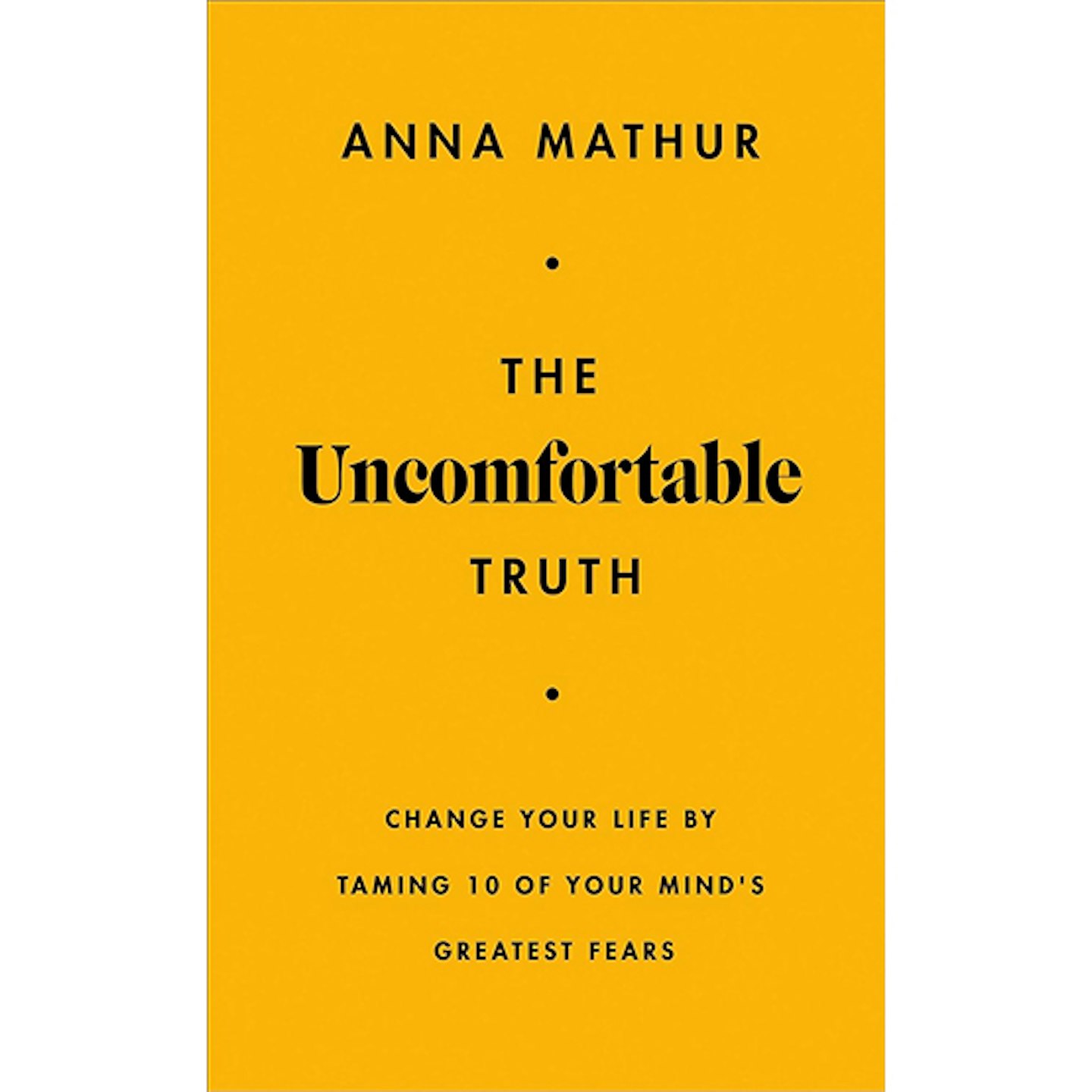Have you ever tucked up your child, gazed at their cherubic sleepy face and experienced a wave of guilt? Perhaps you’ve said to yourself ‘I’m not good enough. I’ll do better tomorrow’. As a mum of three, I’ve been there, over and over again. And as a psychotherapist, the feeling of guilt and ‘not good enoughness’ is something I encounter in my work as an almost universal experience of motherhood.
However, unlike the Instagram quotes that proclaim ‘you ARE enough, you’re doing a GREAT job’, I’m here to tell you something quite different than the positive affirmations do. Hold tight, and I’ll explain why…
‘You are NOT enough’
This doesn’t sound quite so soothing, does it? However, read on and you’ll find that responding to your own questioning of ‘Am I enough?’ with ‘No, I am not!’ can actually be far more liberating than self-critical.
In my new book, The Uncomfortable Truth, I list ten of life’s unavoidable truths including ‘some people won’t like you’, ‘you will fail’, ‘you can’t always be present’ and ‘bad things will happen’. These are truths that feel so difficult that we’ll do anything in our power to deny or avoid them. For example, we find it hard to accept the truth that some people simply won’t like us that we exhaust ourselves through people-pleasing. We find it so hard to recognise our limits and failings in feeling ‘not good enough’ as a mother that instead of readdressing our standards and expectations, we pledge to try harder tomorrow.
So, here are three reasons why recognising that you’re ‘not good enough’ could actually find you enjoying motherhood even more…
You won’t burn yourself out
Burnout happens when you chronically push beyond the limits of our resources. Of course, motherhood often requires you to keep calm and carry on when your eyes are gazing longingly at the bed when you’ve only just gotten out of it. Or when childcare falls through and you have to urgently re-jig plans, making your already towering work-load teeter. But when you find new recognition and acceptance that you’re not ‘enough’ to be all things to all people all of the time, you’ll find yourself re-adjusting your expectations to a more achievable place. It’s okay to cut corners, it’s okay to lean on others, it’s okay to ask for help. In fact it’s more than okay, it’s deeply necessary because you’re simply not strong enough to carry it all. That’s not failure, but the nature of being human.
You won’t keep trying to parent perfectly
My bookshelves are lined with books telling me how to parent brilliantly, telling me the ‘ideal’ or perfect way to respond to every different parenting scenario, from tantrums to toilet training. This is all so helpful but, if we’re not careful, we can end up forming a fantasy that the perfect parenting style exists when, in truth, even the most seasoned parenting specialist isn’t immune to messing up, losing their cool or joining their child in the meltdown. I remind my clients that a perfect parent doesn’t prepare a child to navigate a very imperfect world. We will mess up, get it ‘wrong’ according to the books and lose our cool sometimes. Coming to terms with the uncomfortable truth that ‘I am not enough’, means you’re more likely to focus on repairing any rupture in connection with your child, and seeking support and resources. And less likely to spend that energy internally chastising yourself. Next time you ask whether you’re ‘good enough’, question whether you’re actually asking if you’re ‘perfect enough’. The answer should be no to both, encouraging you to add a great dose of humanness to the expectations you have of your parenting.
You’ll enjoy richer friendships and relationships
For a long time, I, like many of my clients, felt ashamed and alone in finding parenting hard. I thought I was the only one, so found it easier to put on a mask of ‘I’m fine, I’m good enough, nothing to worry about here’. I feared judgement, or worried about burdening friends or family members should they know how I was truly feeling. After experiencing post-natal depression on having my second child, the mask slowly slipped. I worried that my friends would slowly edge away from me, when in truth, my honesty and vulnerability about finding the hard things hard actually deepened my relationships. As I opened up, so did they. As I let go of the mask of ‘I am enough’ and shared my flaws, failings and struggles, I felt less alone as they shared theirs. Vulnerability deepens relationships, and as you move into a greater acceptance of your ‘not enoughness’ when it comes to pleasing others and not experiencing parenting as one long gratitude-high, then it paves the way to more meaningful relationships.
Those are just some of the reasons as to why recognising that you’ll never be enough to parent perfectly, to please everyone, to never need anyone else to support you, is actually the way to thriving over surviving in motherhood. And do you know what? The most glorious side-effect of leaning into your imperfectness, is that you’ll be giving your child permission to accept their own too!
 Anna Mathur
Anna Mathur